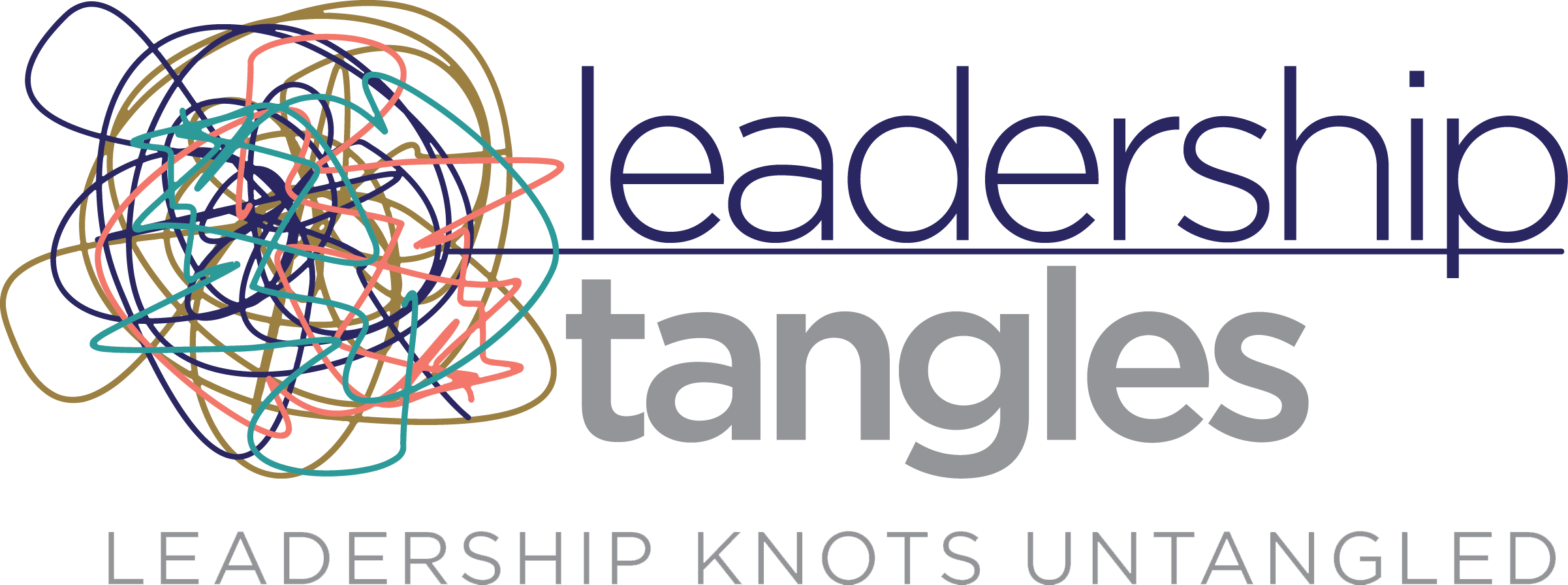 The current economic meltdown seemed to come out of the blue. Sure, there were warning signs that the economy was slowing, beginning early this year. I was in Taiwan on business the week of September 15, and was stunned to read headlines that the whole global system was in danger of a systemic meltdown. If ever there was a lesson in the importance of reading and heeding warning signs, this is it.
The current economic meltdown seemed to come out of the blue. Sure, there were warning signs that the economy was slowing, beginning early this year. I was in Taiwan on business the week of September 15, and was stunned to read headlines that the whole global system was in danger of a systemic meltdown. If ever there was a lesson in the importance of reading and heeding warning signs, this is it.
Right now, we don't have control over the global system. However, each business leader has control over his or her business. Here are three tips for watching out for early signs in your own business.
1. Reach Far and Deep
Both research into large, complex organizations and my own consulting experience confirms that the larger and more complex the organization, the more difficult it is for leaders to get a true picture of danger signals. Small, non-routine changes are usually first noticed at the local level, and when made sense of, can be early warning signs. Find ways to set up ongoing forums and information flows, so that you have a broad sense of what is happening.
2. Look Out For Strategic Inflection Points
A strategic inflection point is a very large change in the environment that tips the scale from one way of doing something to another. It is usually very bad news for the current way of doing things. At what point should GM executives have realized that continuing to produce gas guzzling cars would jeopardize their own profitability and survival? My guess is that the information was there all along.
3. Don't Make People Wrong for Delivering Bad News
One reason that senior leaders are unlikely to see a strategic inflection point is because they receive data that is incomplete or distorted. David A Bella , a professor of civil engineering at Oregon State University, wrote a number of papers about what he and colleagues called the systemic distortion of information. He asserts that behavioral patterns emerge in a particular context and become the norm within an organization. I have worked within and with companies in which it is not okay to tell the boss that something is wrong. Much time is spent polishing words and reports to downplay the significance of warning signs. Most leaders don't want to hear bad news. Again and again, I have interviewed those aspiring to rise in their organizations and have been told that telling the truth is career limiting. This is a potentially fatal norm.
The early warning signs are always there. We just need to develop the capacity to properly make sense of them and heed them.




